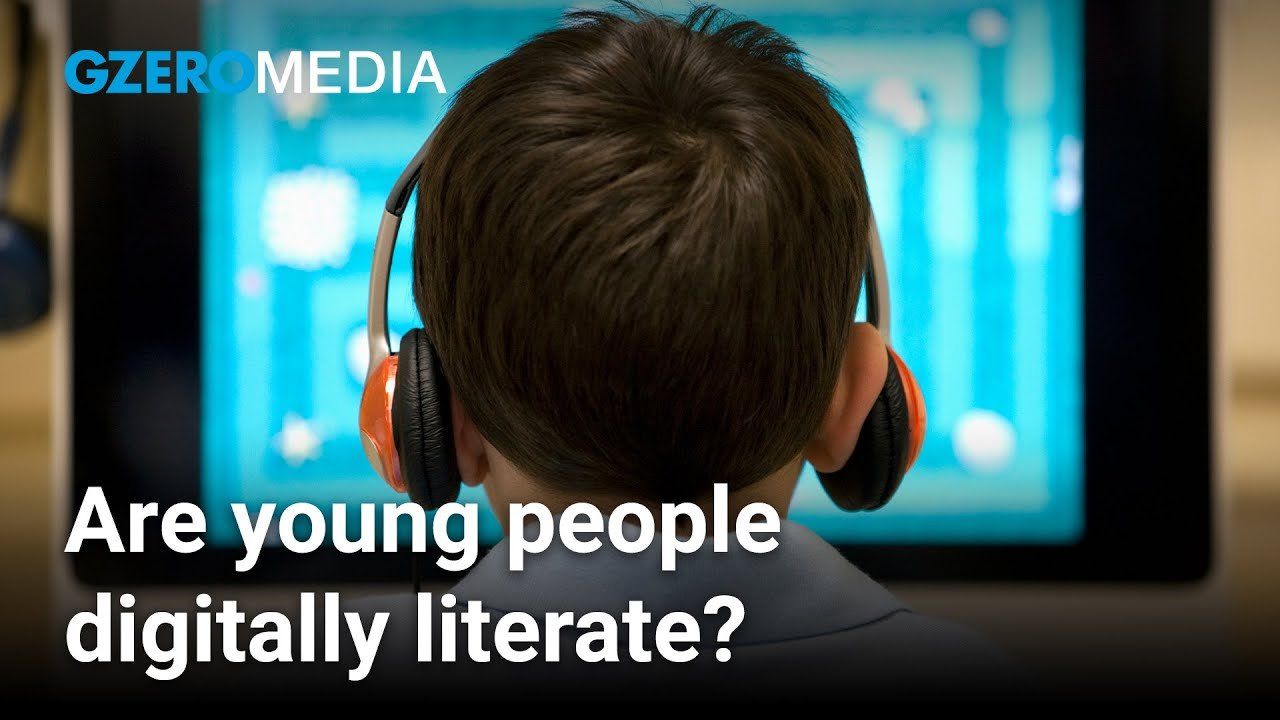Science & Tech
Digital natives: Redefining youth digital literacy

Digital natives: Redefining youth digital literacy | Digital Nations | GZERO Media

Contrary to the common notion that today's young people are inherently digital-savvy due to their exposure to technology, chief innovation officer of USAID, Mohamed Abdel-Kader says that simply knowing how to navigate social media or use a smartphone does not equate to digital literacy. In a recent GZERO livestream presented by Visa, Abdel-Kader expressed how young people are not innately able to understand the broader implications of their digital actions, including being aware of the consequences of their online posts, critically evaluating information discovered, and navigating a digital world of “fake news.”
Education is the key, says Abdel-Kader. Digital education is essential to prepare the youth for the ever-evolving digital age, to equip the next generation to be active but responsible participants in the growing digital world.
To hear more about the challenges and opportunities that nation-states face when it comes to digitization, and how it could shape a more inclusive and resilient future, watch the full livestream here:
People in support of former South Korean President Yoon Suk Yeol rally near Seoul Central District Court in Seoul on Feb. 19, 2026. The court sentenced him to life imprisonment the same day for leading an insurrection with his short-lived declaration of martial law in December 2024.
65: The age of former South Korean President Yoon Suk Yeol, who was sentenced to life in prison on Thursday after being found guilty of plotting an insurrection when he declared martial law in 2024.
In an era when geopolitics can feel overwhelming and remote, sometimes the best messengers are made of felt and foam.
The Hungarian election is off to the races, and nationalist Prime Minister Viktor Orbán is facing his most serious challenger in 16 years.
Does skepticism rule the day in politics? Public opinion data collected as part of the Munich Security Conference’s annual report found that large shares of respondents in G7 and several BRICS countries believed their governments’ policies would leave future generations worse off.